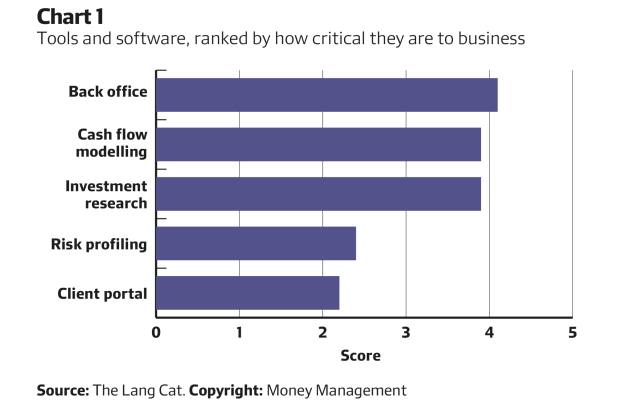Chart 1 shows how our research, which we conducted on behalf of a private equity firm that was interested in investing in technology companies that support advisers, played out. We heard from just under 100 firms as part of this exercise, and conducted in-depth interviews with 14 of those.

In terms of how important various bits of software are to companies, back offices are the clear winner. We expected that, but we were interested to see how far down the pecking order risk profiling comes. Platforms were sixth: it’s clear to us where the centre of gravity for companies is. It’s common for even small firms to have up to 10 technology arrangements.
Consider a made-up company that looks like this:
- General business/productivity: Office 365.
- Back office/customer relationship management: Intelligent Office.
- Cash flow modelling: Cashcalc.
- Investment research: FE Analytics.
- Risk profiling: Finametrica/PlanPlus.
- Platform one: Nucleus.
- Platform two: Parmenion.
- Document storage: Dropbox.
- Bulk mail: Mailchimp.
- Website: Wordpress.
And that’s not even a complex one. So how can companies improve their experience with technology, from the initial purchase decision through to daily usage? And what can anyone do to make the process of transition less painful when you do choose to move?
Here’s the Lang Cat’s top four tips for tech mastery – most people would do five, but we’re into disrupting the status quo:
1. ‘Gnothi Seauton’
The oracle at Delphi didn’t know she was talking about adviser technology when she proclaimed “know thyself”. It’s true, the best way to get the most from any piece of kit you are going to spend time or money on is to understand the use you have for it.
You need to know how you’re going to use something before you buy it, so don’t buy a system until you have worked out how it’s going to fit into your life – and by ‘your’ I may well be referring to your admin staff if you have those. This is rule one for anything you bring in – platforms being an absolute classic.
2. RTFC
A spin on the old exam technique of ‘read the effing question’, this stands for ‘read the effing contract’. We have become so inured to lengthy terms of service from Apple, Kindle, Google and others that we would probably sign away our first-born if it meant we could get through the onboarding procedure quicker.
If you have a legal adviser, get her to give your contracts the once-over. There are things that lie beneath that might matter to you in time. This is the part where you never go into a room you don’t know how to get out of. Jason Bourne is your role model here.





